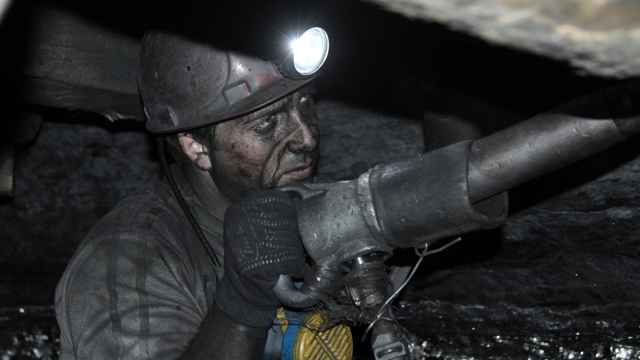Russian scientists reported spotting three stars recently destroyed by black holes, an astronomical event that they said happens on average once every 30,000 years per galaxy.
A star that passes too close to a black hole — a zone in space where gravity is so strong that nothing, even light, can escape it — is destroyed and devoured by it within several years.
The so-called stellar tidal disruption event can be detected by the X-rays it emits. But since the universe is awash in X-ray emissions, singling out X-ray bursts caused by stars being sucked into black holes is a complex task.
The job was handled by a joint team of astrophysicists from the Space Research Institute at the Russian Academy of Sciences and the Moscow Institute of Physics and Technology (MIPT).
The team relied on data from the orbiting X-ray observatories ROSAT, active in 1990 to 1999, and its still-active replacement XMM-Newton, MIPT said in a statement Tuesday.
The preprint of the study was made available on ArXiv.org late last month, but the findings were not reported earlier outside of academic publications.
Current observation methods are imperfect, and only a handful of stellar tidal disruption events have been detected so far, the statement said.
But the list of possible black hole victims is expected to swell to several thousands after the launch of the superior Spectrum-Roentgen-Gamma observatory in 2016, the study said.
Spectrum-Roentgen-Gamma will carry two X-ray telescopes, one of Russian manufacture and another a joint German-Russian production. Both the ROSAT and the XMM-Newton were projects of the European Space Agency (ESA).
See also:
A Message from The Moscow Times:
Dear readers,
We are facing unprecedented challenges. Russia's Prosecutor General's Office has designated The Moscow Times as an "undesirable" organization, criminalizing our work and putting our staff at risk of prosecution. This follows our earlier unjust labeling as a "foreign agent."
These actions are direct attempts to silence independent journalism in Russia. The authorities claim our work "discredits the decisions of the Russian leadership." We see things differently: we strive to provide accurate, unbiased reporting on Russia.
We, the journalists of The Moscow Times, refuse to be silenced. But to continue our work, we need your help.
Your support, no matter how small, makes a world of difference. If you can, please support us monthly starting from just $2. It's quick to set up, and every contribution makes a significant impact.
By supporting The Moscow Times, you're defending open, independent journalism in the face of repression. Thank you for standing with us.
Remind me later.





